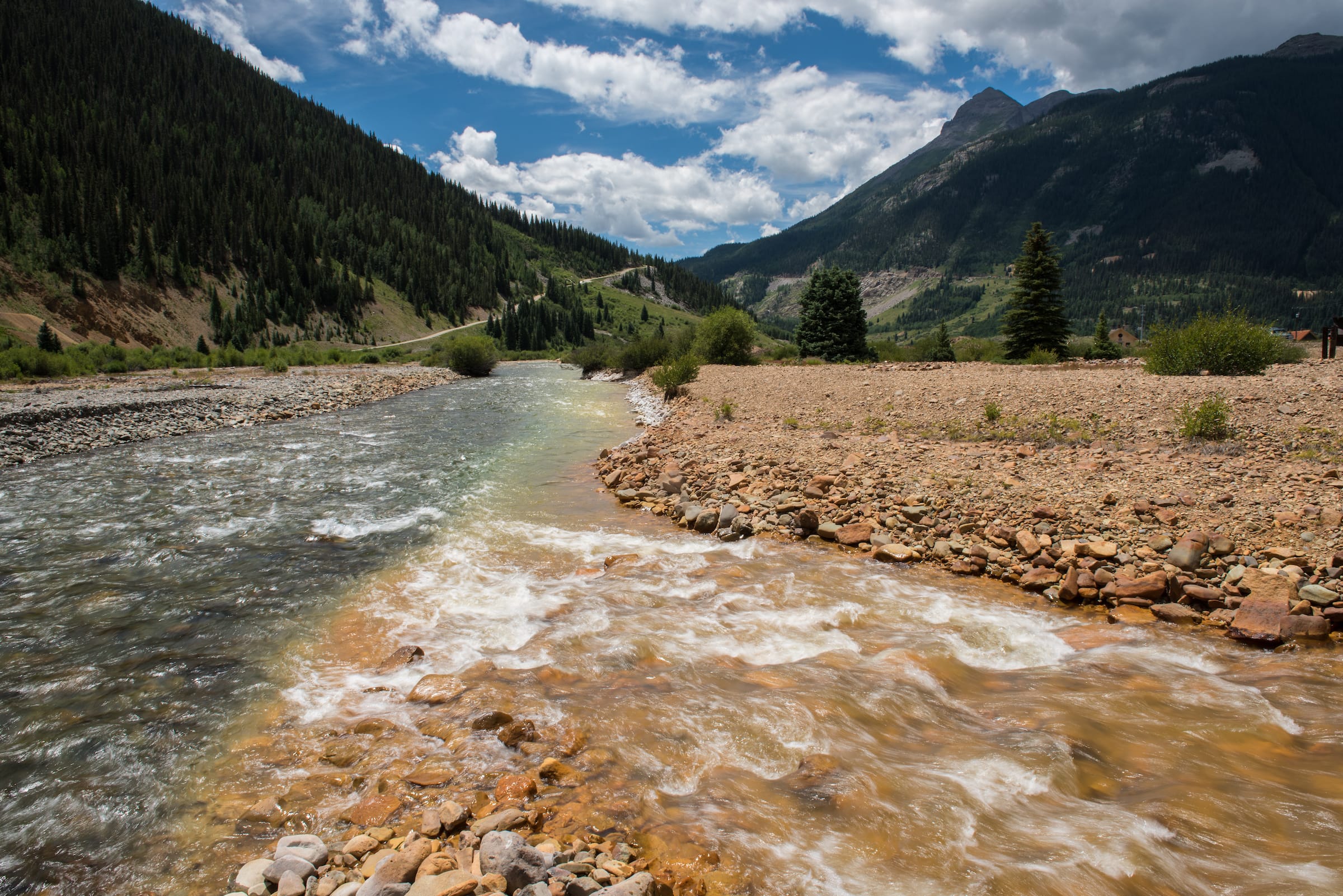Meeting America’s clean energy needs & reforming outdated mining laws
American Fork Creek, located about halfway between Salt Lake City and Provo, Utah, harbors populations of a rare native trout called the Bonneville cutthroat. Twenty years ago, I stood on its banks looking out over the dirt bike paths and all-terrain vehicle trails crisscrossing mining waste piled alongside the banks of the river.
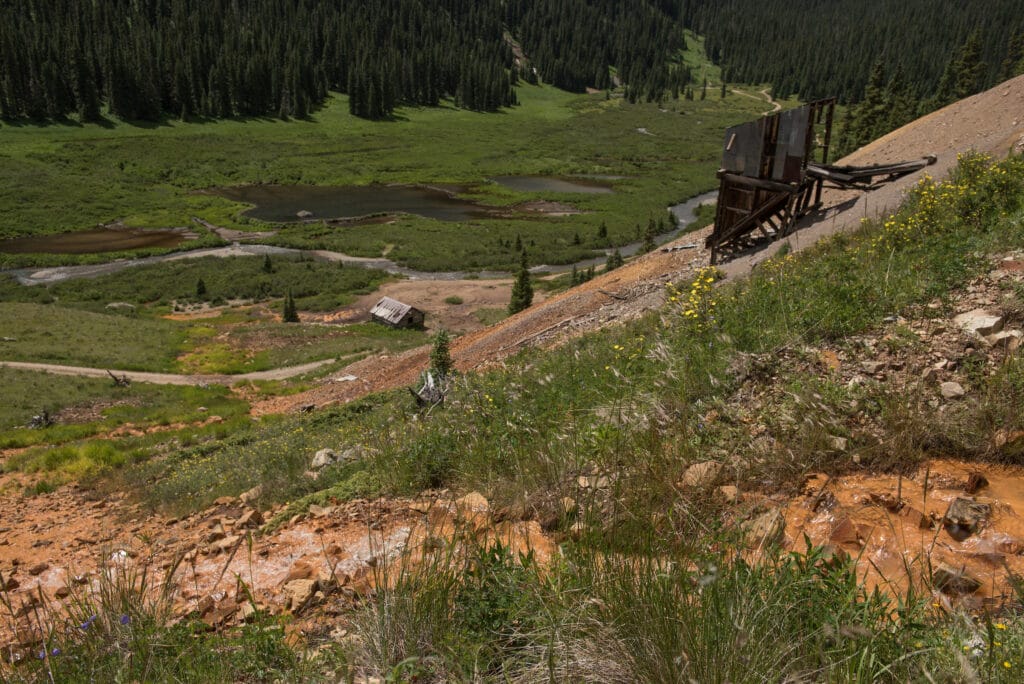
These “tailings” exceeded federal lead levels by over 1,000 percent—not a great place for a kid to ride a bike. The piles were the waste of mine operations from over 100 years before. Because the mine owner was long dead and the company dissolved, the tailings sat along the creek and leached their toxic brew of lead along with zinc, cadmium, and arsenic into the American Fork, causing harm to kids on bikes and Bonneville cutthroat trout alike.
What made this situation so tragic is how common it was. Trout Unlimited and its partners restored the American Fork, and have since cleaned up mine pollution on more than 200 miles of streams across the West. While that work has meaningfully improved these waters, on a national scale, we have barely made a dent. Government reports say that abandoned mines pollute 40 percent of our western headwater streams.
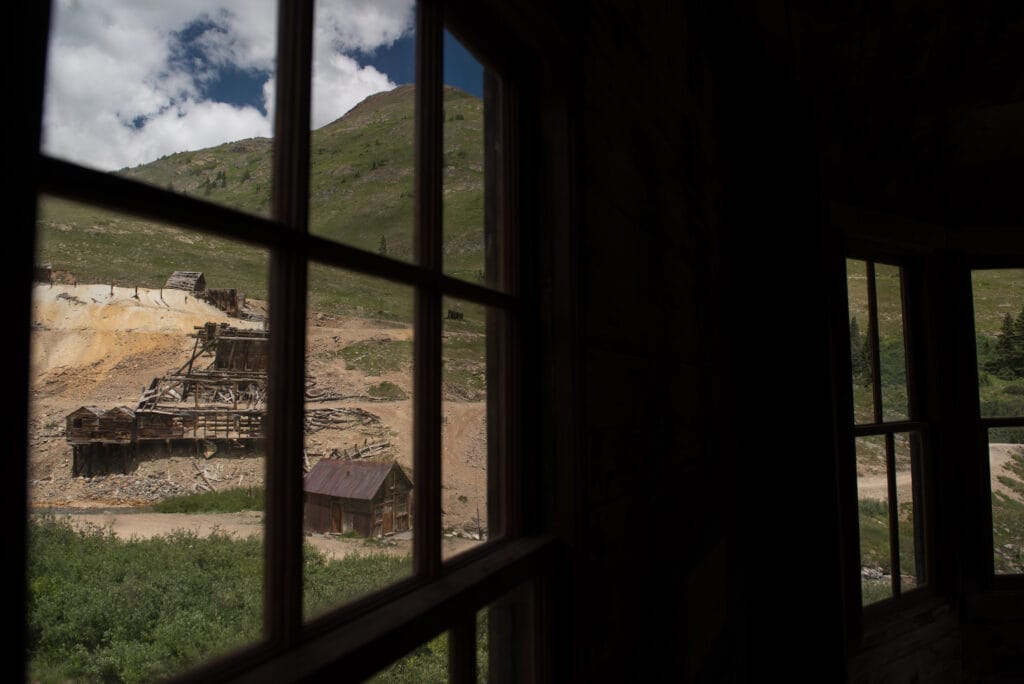
At the same time, we know that America needs domestic mining to support carbon-free energy production. Critical mineral and rare earth elements such as lithium help charge electrical vehicle batteries. Cobalt helps our cell phones batteries last longer. Tellurium helps promote electrical conductivity through solar panels. Today, China controls about 60 percent of rare earth minerals, even though the United States has ample supplies on its public lands.
The challenge is that mining is governed by a law that was passed when Ulysses S. Grant was president in 1872.
Now is the time for a comprehensive fix to America’s mining dilemma.
There are a series of steps Congress should take to address the problem of abandoned mines and the need for critical minerals: establish a royalty on minerals so we can clean up historic mine pollution; empower federal agencies to determine—up front—whether a mine makes sense, and encourage speedier permit decisions for those that do; address problematic questions involving mine waste; and pass “Good Samaritan” legislation to encourage more mine cleanups.
Unlike every other commodity produced from our public lands, there is no royalty or tax on rare earth elements, critical minerals, and luxury items such as gold and silver.
By contrast, since 1977, coal mining has provided over $11 billion from a tax on each ton of produced coal. That funding is used to clean up abandoned coal mines across Appalachia and parts of the western United States.
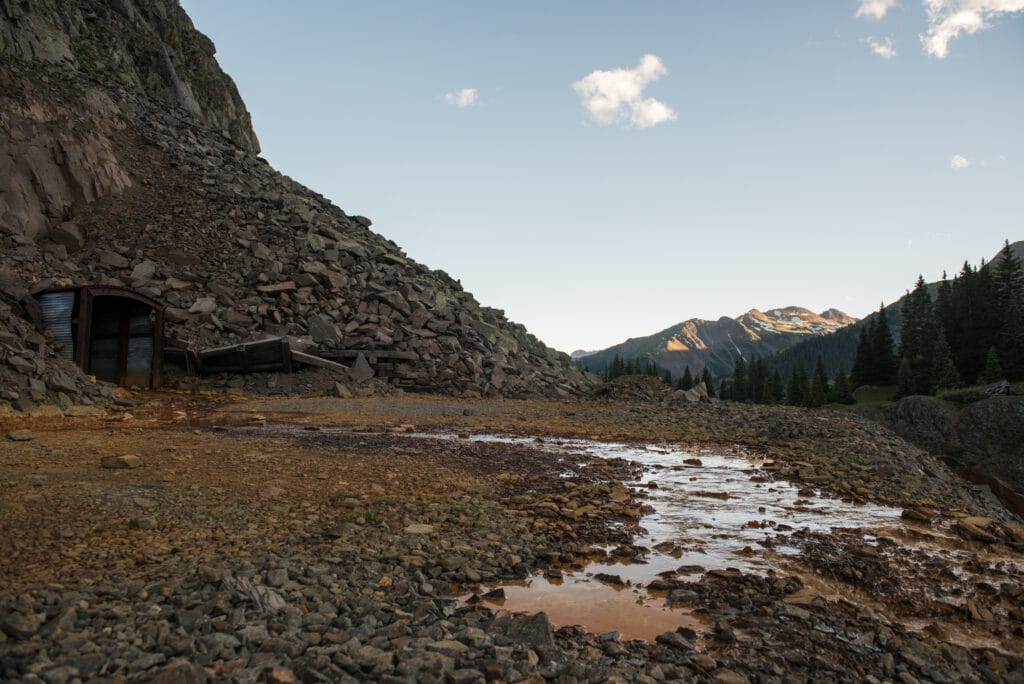
In addition, unlike every other commodity that is produced from public lands, such as wood fiber, oil, gas, or coal, professional land managers may not deny a hard rock mine that can demonstrate will make a profit—even if it would affect a sacred site, community drinking water supply, or important fish and wildlife habitat.
And because federal agencies cannot say “no” to a profitable mine, they stall. I recently met with a multi-national mining company CEO who told me it has had to wait more than 20 years for a permit. That is too long. Professional land managers should be able to deny a mine if it is in a special place, but that denial should happen early in the process, before a mining company has invested tens of millions of dollars in exploration and development.
Community engagement and proper reviews are important, but analysis paralysis should not keep us from meeting our nation’s clean energy goals.
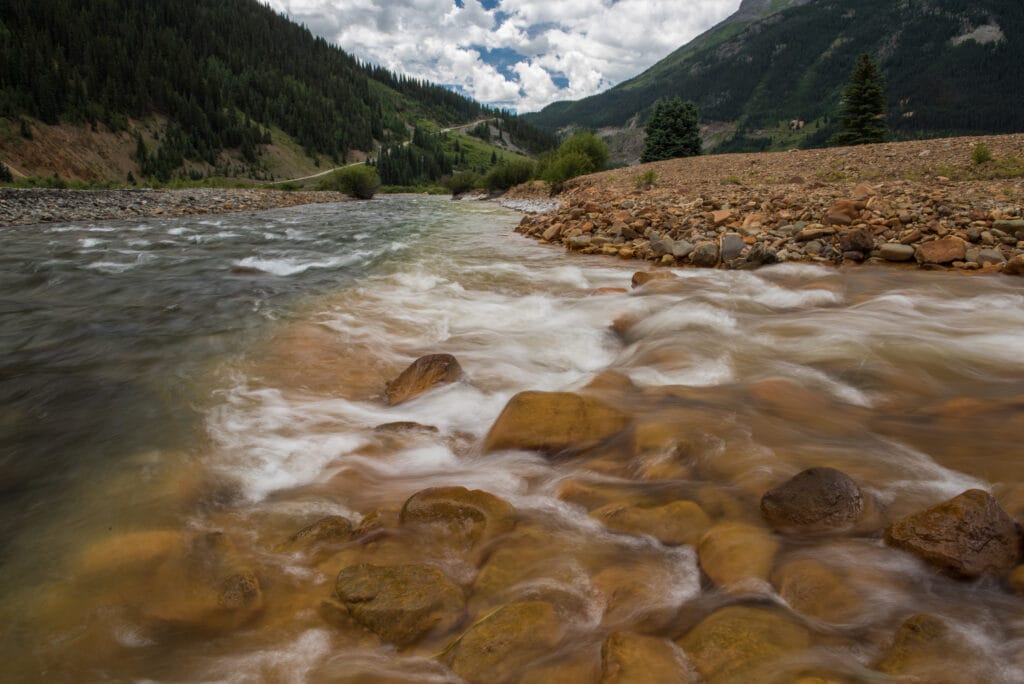
A federal court recently ruled that mining companies could not dump waste on adjacent public lands unless they are qualified to mine them profitably. This has essentially stopped new domestic mines on public lands for critical minerals and rare earth elements. Trout Unlimited has testified before Congress in support of a targeted solution allowing for waste to be stored consistent with past mining practices while protecting lands withdrawn from mining.
Congress can and should do all of this as part of a comprehensive mining reform package.
While they’re at it, they can act on something the mining industry and conservation interests alike support: “Good Samaritan” legislation that would make it easier for those who had nothing to do with creating mine pollution to clean it up without fear of liability, if they do a good job. A bill to do that is the most bipartisan conservation bill in the Senate today, with 17 Republican and 17 Democratic co-sponsors.
It is past time for a comprehensive reform that modernizes our mining laws, allows us to provide the minerals necessary for a clean energy future, and helps clean up the mistakes of the past. We should be able to meet the needs of our country while also protecting the social, cultural, and ecological values that make America great.



